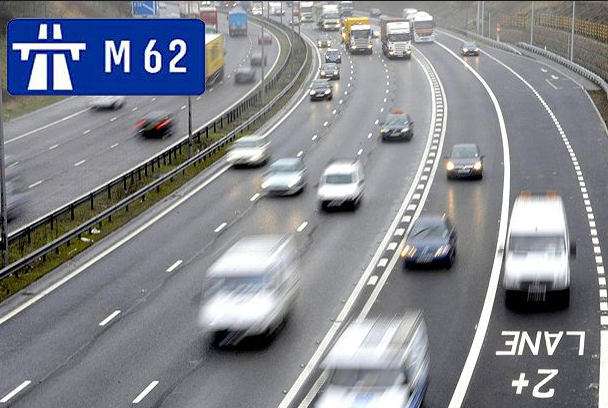The Government recently established a National Infrastructure Commission, an independent body whose purpose is to identify the UK’s strategic infrastructure needs over the next 10 to 30 years and propose solutions to the most pressing infrastructure issues. The Commission’s initial remit from the Government includes transport investment both in the North of England and in London. The Chair is Andrew Adonis and one Commission member is Lord Heseltine, the former deputy prime minister who has long championed the regeneration of Britain’s inner cities through infrastructure investment. Another Commission member is Demis Hassabis, artificial intelligence researcher and head of DeepMind Technologies, a company acquired by Google for a reported £400m. He may be an advocate for twenty-first century digital infrastructure, rather than yet more twentieth-century concrete and tarmac.
The National Infrastructure Commission has the potential to improve decision making by ensuring that sound analysis takes place in advance of decisions. The interesting question is how the Commission will function. Will it be a cheer-leader for those keen to build big civil engineering stuff with other people’s money? Or will it be a critical friend to government departments needing to get best value from constrained budgets?
There are two useful models for how independent bodies can advice government. The Office for Budget Responsibility was created to provide independent and authoritative analysis of the UK’s public finances. The Committee on Climate Change has the task to advise the Government on emissions targets and report to Parliament on progress made in reducing greenhouse gas emissions and preparing for climate change. Both the bodies are seen to be independent and their advice carries weight on that account.
It will be important for the National Infrastructure Commission to look critically at the analytical methodologies current employed by government departments, to ensure these are fit for purpose. This was one aspect of the paper that I recently submitted in response to a call for evidence (Metz NIC sub 4-1-16 pdf). I contrasted the position in London, where a dynamic economy requires continuing transport investment to keep up with economic and population growth, with the North of England, where it is hoped that such investment will stimulate growth, a far from certain outcome.

